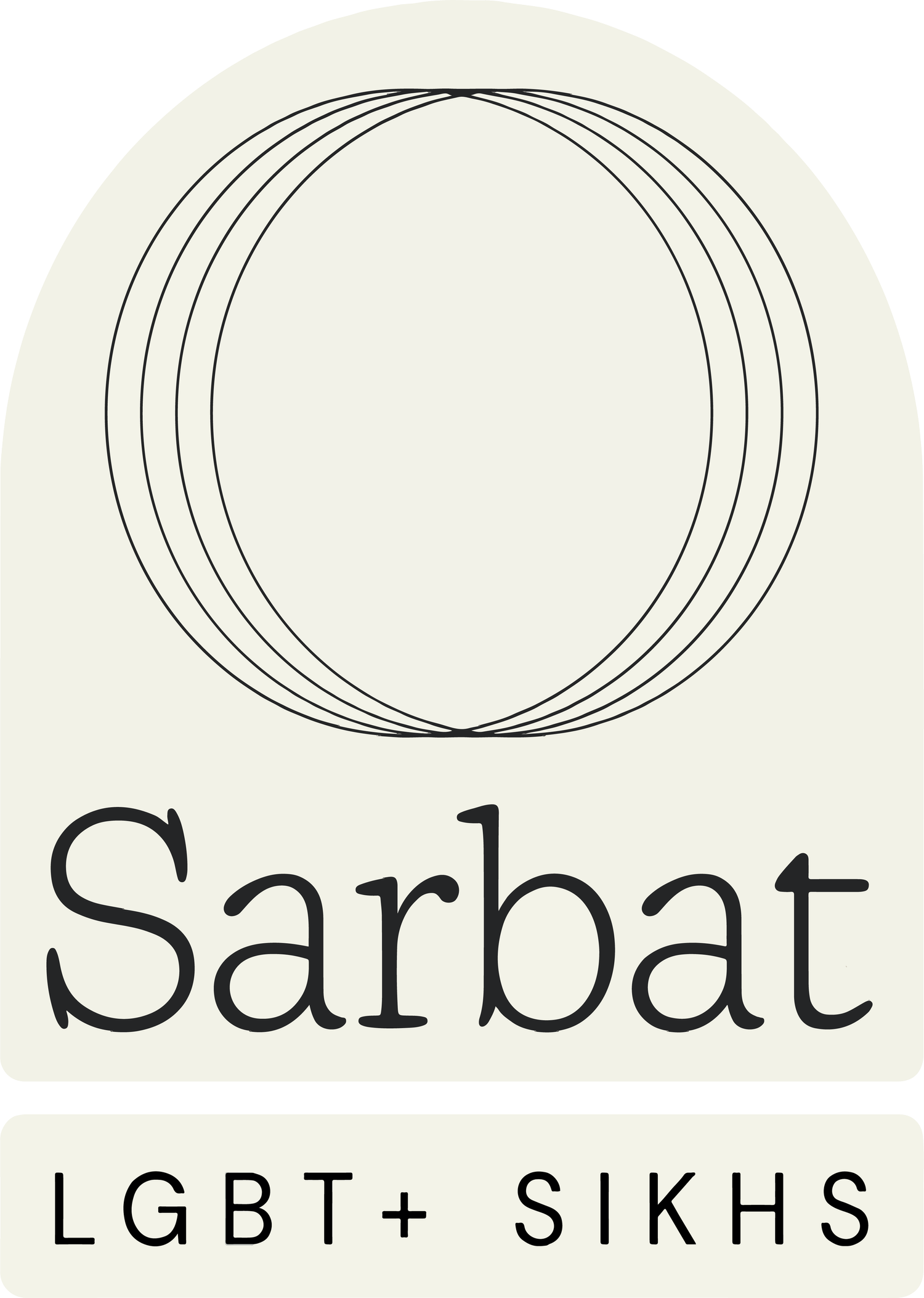All sexuality is forbidden in Sikhism
First published on 14 Jul 2015.
While the more conservative-minded, reactionary elements within the Sikh community express their disgust towards homosexuality, Sikh scriptures are decidedly neutral on the matter as they do not entail explicit references either condemning it or condoning it
(Member Submission)
We received the following article from Navi Singh and felt it pretty relevant to expanding our knowledge horizons. Please leave comments below.
ALL SEXUALITY IS FORBIDDEN IN SIKHISM – NOT JUST HOMOSEXUALITY!
The issue of homosexuality and Sikhism is often a topic of vigorous contention. While the more conservative-minded, reactionary elements within the Sikh community express their disgust towards homosexuality, Sikh scriptures are decidedly neutral on the matter as they do not entail explicit references either condemning it or condoning it (unlike their Abrahamic counterparts). The leading Jathedar of the Akal Takht, once beseeched Sikhs to oppose government proposals to legalise gay marriage in Canada, proclaiming it was their religious duty to do so. For those of you that don’t know, the Akal-Takht is situated within the Harimandir Sahib complex and is usually considered to represent the temporal authority of all Sikhs worldwide. I do not regard the individuals currently presiding over the Akal-Takht as my temporal authority, because I believe the institution has become overly-politicised and is under the hegemonic influence of the Indian authorities.
Correspondingly, I have been asked by many what I consider to be the Sikh position on homosexuality. Through this article I will briefly elaborate upon my personal interpretation of the religious perspective of the matter. Is homosexual activity forbidden in Sikhism? My answer would be yes – only because sexuality is prohibited as a whole. Does Sikhism differentiate between homosexuality and heterosexuality? My answer would be an unequivocal no. Do I regard homosexuals as insufferable freaks of nature? Is being gay or lesbian an abomination? No, it’s an entirely normal phenomenon that occurs in nature.
It is my understanding that any type of sexuality, irrespective of orientation, is regarded as sinful and lustful (kaam). Therefore, all sexual inclinations are equally discouraged and heterosexuality is prohibited to exactly the same degree as homosexuality. The only reason a conventional “straight” marriage is encouraged is for utilitarian purposes of procreation and cultivating family-life, which is strongly promoted in Sikhism. Asides from reproductive purposes, it is my understanding that the nature of the relationship should be strictly platonic.
There is contentious debate surrounding whether being attracted to someone of the same gender is a biological or environmental characteristic. In addition to the fact that homosexual behaviour is prevalent throughout the natural world, the evidence strongly suggests that it is primarily an innate disposition combined should with environmental and social factors – in the same way that being attracted to someone of the opposite gender is an innate disposition. Consequently, I believe that Sikhs should endeavour to suppress all these sensual instincts and feelings of attraction wherever possible, regardless of the orientation. This is the salient point here, that I feel many have failed to grasp.
Ultimately, I do believe it is possible to be “gay” and “Sikh” – the same way I believe it is possible to be “straight” and “Sikh”. While this may stand in apparent contradiction to my aforementioned assertion that homosexuality is indeed forbidden in Sikhism, I will now proceed to elucidate upon why I think this way. I believe it is possible to be “gay” and “Sikh” because nobody is perfect, we’re all human, homosexuals are probably (according to scientific evidence) born that way and interpretations on what exactly constitutes a “Sikh” may differ.
I therefore vehemently oppose discrimination directed towards individuals who choose to identify themselves as “gay” and “Sikh”. The two are not wholly irreconcilable, mutually-exclusive concepts. It’s no more a self-contradictory oxymoron than say, an “alcohol-drinking” or “tobacco-smoking” Sikh.
With regards to whether it is incumbent on Sikhs to oppose the legalisation of gay marriage, I can find no scriptural justification for this assertion, even for Sikhs who personally believe that homosexuality is prohibited within their own religion. In my opinion, fighting for freedom and standing up for the oppressed – irrespective of your own individual standing – is one of the more fundamental ethical imperatives in Sikhism. I don’t see how supporting gay marriage, in this instance, constitutes a compromise of one’s faith – particularly when taking into consideration the examples from Sikh history that indicate that we are culturally inclined to protect those who are the most persecuted and demonised in society.
The resultant ostracism and hostility that homosexual Sikhs may encounter from within their own communities and social circles does not, in my opinion, originate from a holistic understanding of Sikhism, which promotes tolerance and egalitarianism for all humanity. On the contrary, anti-LGBT sentiment is primarily indicative of traditional conservative Punjabi culture, which is decidedly patriarchal and overly masculined. Sikhism is a unique religion, in that it simultaneously discourages promiscuity and celibacy; therefore prompting many prominent Sikh figures to issue their own pronouncements on the topic.
Finally, the Sikh community needs to acknowledge the fact that gay or lesbian individuals aren’t capricious people who just choose their own sexuality according to their whims and desires, but rather they are susceptible to exactly the same passions and natural tendencies as all of us. Moreover, a gay Sikh is not automatically more sinful or evil than a straight Sikh – anyone who thinks this way has, in my view, completely misunderstood the Sikh position on such matters.
WJKK WJKF
Navi Singh
